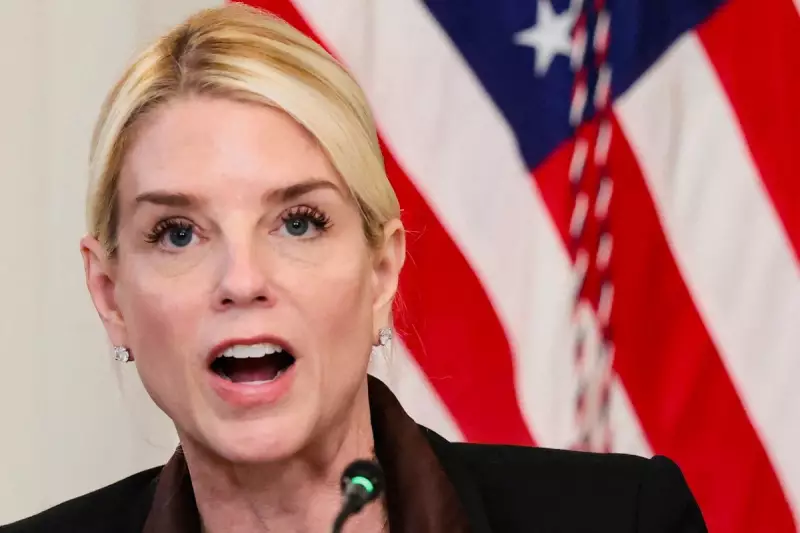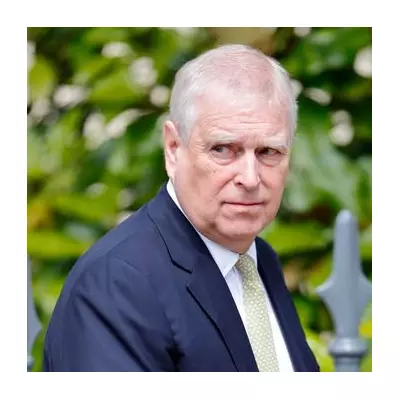
A horrific stabbing attack at Sydney's Bondi Junction shopping centre that claimed six lives has become the latest flashpoint in America's culture wars, with prominent MAGA-aligned influencers spreading demonstrably false claims about the perpetrator's identity and motives.
Within hours of Saturday's tragedy, social media accounts with millions of followers began circulating unfounded theories that the attacker was linked to Antifa or other left-wing groups. These assertions gained significant traction despite Australian police clearly identifying the assailant as 40-year-old Joel Cauchi and stating there was no evidence to suggest ideological motivation.
Rapid Disinformation Spread
The false narrative gained momentum when accounts including prominent conservative commentators shared photos of a different individual, wrongly identifying him as the Bondi attacker and claiming he represented "antifa death cults." This misinformation spread rapidly across platforms including X (formerly Twitter) and Instagram.
Australian authorities have confirmed Cauchi acted alone and was known to mental health services. The attack ended when police officer Amy Scott confronted and fatally shot the assailant, an action hailed as heroic that likely prevented further casualties.
Pattern of False Attributions
This incident follows a familiar pattern where tragic events are quickly weaponised for political purposes. Similar false claims emerged following other mass casualty events, including the 2023 Nashville school shooting and the 2022 Colorado Springs nightclub attack.
Experts warn that such rapid dissemination of unverified information can inflame social tensions and complicate official investigations. The Bondi Junction case highlights ongoing challenges in combating misinformation during breaking news events.
Victims and Heroism Remembered
Amid the political noise, attention has rightly focused on the six victims killed in the attack and those injured. The community has rallied around affected families, with memorials growing outside the shopping centre.
Particular recognition has been given to the bravery of ordinary citizens and emergency responders during the crisis. Their actions contrasted sharply with the irresponsible behaviour of those spreading false narratives thousands of miles away.
As investigations continue, Australian authorities maintain their assessment that mental health issues rather than political ideology drove Cauchi's actions, underscoring the danger of rushing to judgment based on preconceived narratives.





